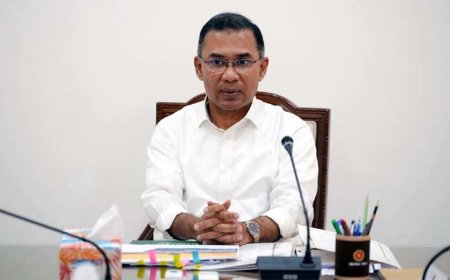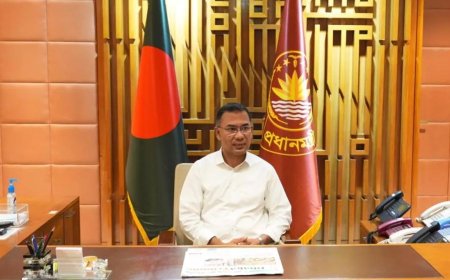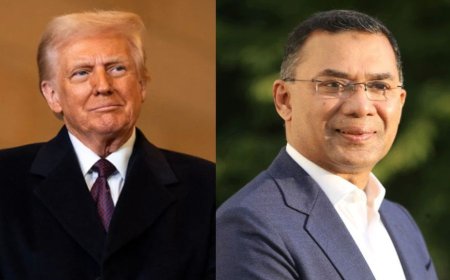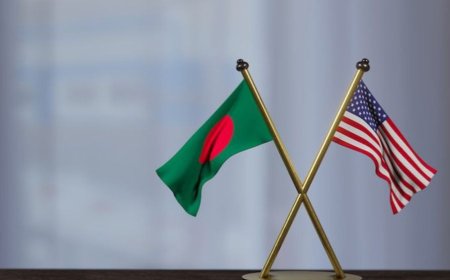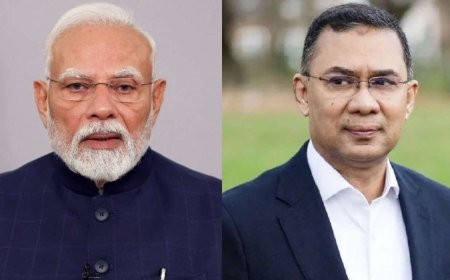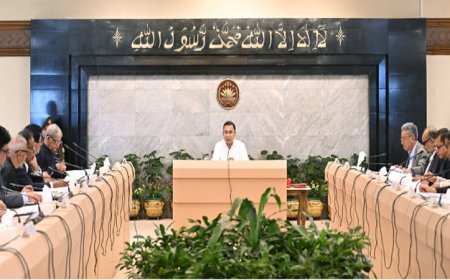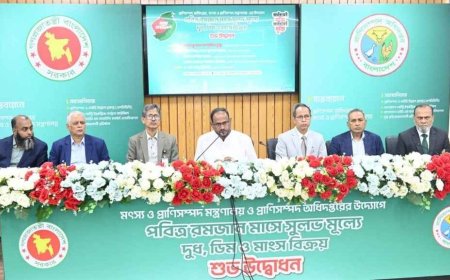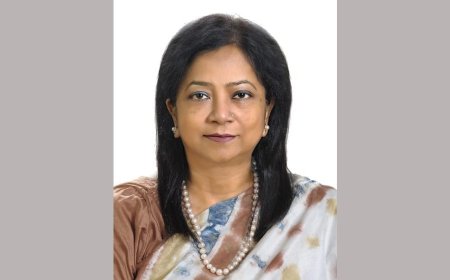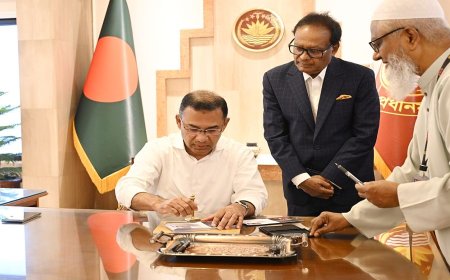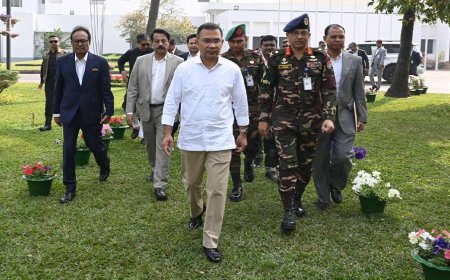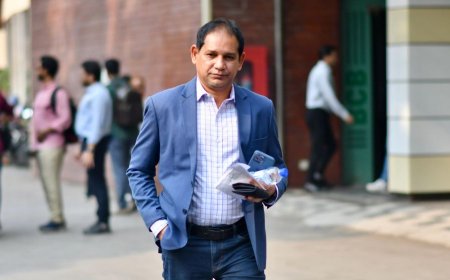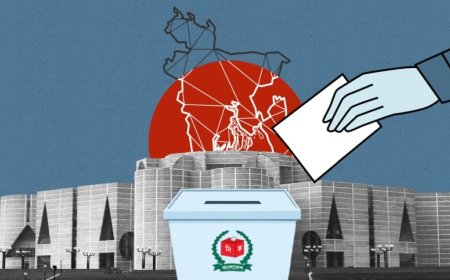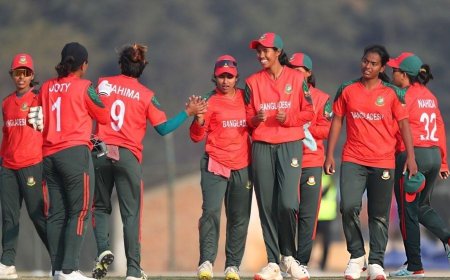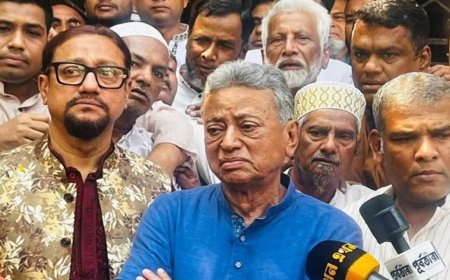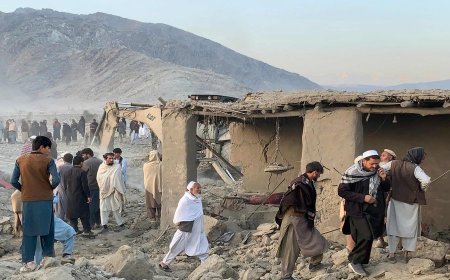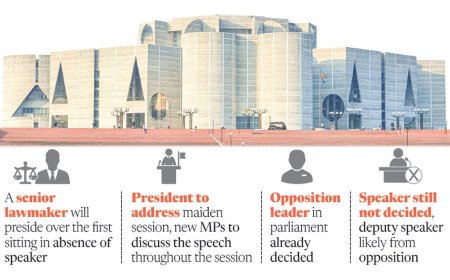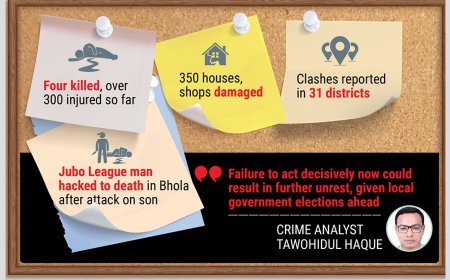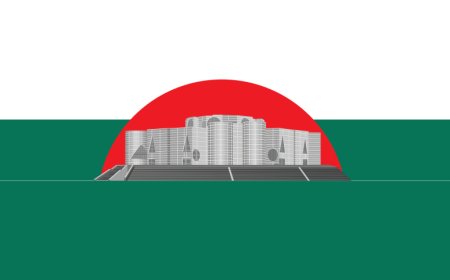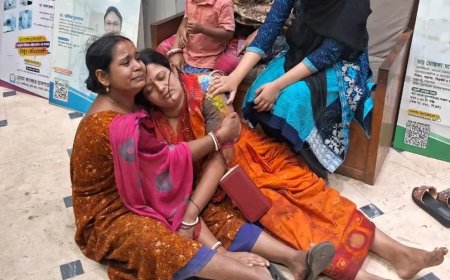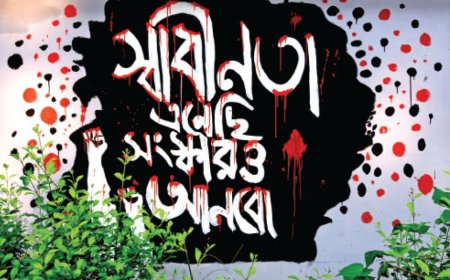A law that silenced
Victims feel a sense of relief.
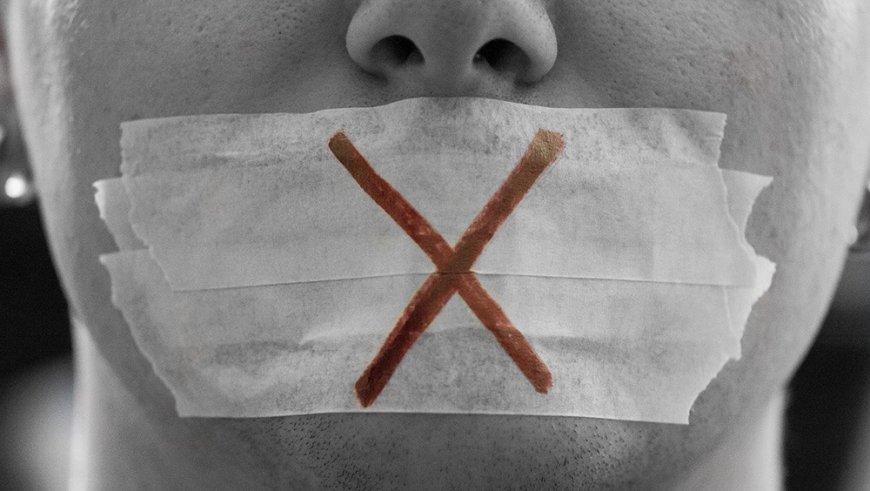
Some expressed differing opinions, others created political cartoons, and some simply made jokes online – all of them ended up in prison, with some spending months behind bars. This is how the Digital Security Act (DSA) and later the Cyber Security Act (CSA) were used to suppress freedom of expression and press freedom. Naval Architect Golam Mahfuz Joarder, now the convener of the DSA Victims Network, is one such example. He was jailed for 10 months simply for voicing his concerns on social media about extrajudicial killings.
"Extrajudicial killings were widespread in 2018-19. At that time, I posted on Facebook opposing these killings. On December 26, 2019, a Rab team detained me, accusing me of writing against the force and collecting data on crossfire," he told The Daily Star. His explanation to law enforcement that he had only shared information from published news reports was disregarded. His bail petition was rejected seven times before he was granted bail.
He wasn’t alone in this.
Between October 2018 and August 2024, at least 3,208 named individuals and 2,080 unnamed people were sued under the DSA. Another 372 were prosecuted under the CSA, according to data compiled by the Centre for Governance Studies, a think tank. These figures exclude cases filed for sexual harassment, blackmail, and fraud.
Of the over 5,000 accused, nearly half (2,308) were prosecuted for social media posts considered critical of the government, public officials, or elected representatives. Among them, at least 219 named individuals and more than 200 unnamed people were charged for criticizing former Prime Minister Sheikh Hasina, according to CGS data.
Journalists and opposition politicians suffered the most under these laws.
For instance, one in every three people accused under the DSA and one in every four accused under the CSA were journalists. At least 227 journalists were prosecuted under the DSA for publishing news or making social media posts, according to CGS data.
About one-third of those accused under the DSA and more than half of those accused under the CSA were politicians.
The DSA included a provision criminalizing the "hurting of religious sentiments," which carried non-bailable penalties. Of the 99 people charged under this offense, 44 percent were from religious minorities, particularly the Hindu community.
As of August 2024, at least 5,818 cases were ongoing in eight cyber tribunals across the country, according to a law ministry press release issued on September 30. Among them, 1,340 cases were related to "speech-based offenses," with 879 under trial and 461 under investigation, the release said.
For example, activist Didarul Alam was arrested after posting on social media about the disparity in government relief distribution during the coronavirus pandemic in 2021. Didarul said he was interrogated while blindfolded for seven hours and spent five months in jail.
Separately, 11 people, including writer Mushtaq Ahmed (who died in prison), cartoonist Ahmed Kabir Kishore, Swedish-Bangladeshi journalist Tasneem Khalil, US-based journalist Shahed Alam, and others, were charged with "spreading rumors and engaging in anti-government activities."
Jagannath University student Khadijatul Kubra was arrested at just 17 years old without even posting anything on social media. She was detained simply for hosting a Facebook webinar, where a guest, retired army officer Delwar Hossain, made some critical remarks. Delwar, an expatriate, was also accused in the case.
She spent nearly 15 months in jail before being granted bail by the Supreme Court on November 20, 2023.
In an interview with The Daily Star, Khadija described her experience, saying it severely impacted her education and life path.
She regarded the government's decision to abolish the law as a victory for the victims who suffered under it.
"We hope that all such draconian laws will be abolished," she said.
What's Your Reaction?







